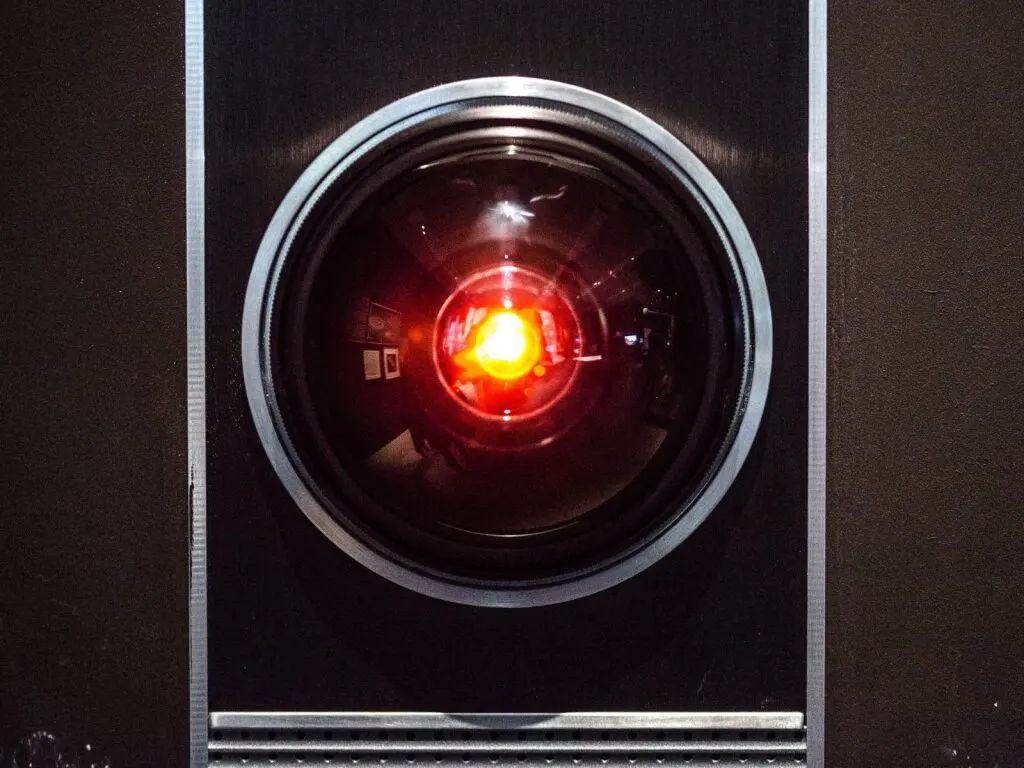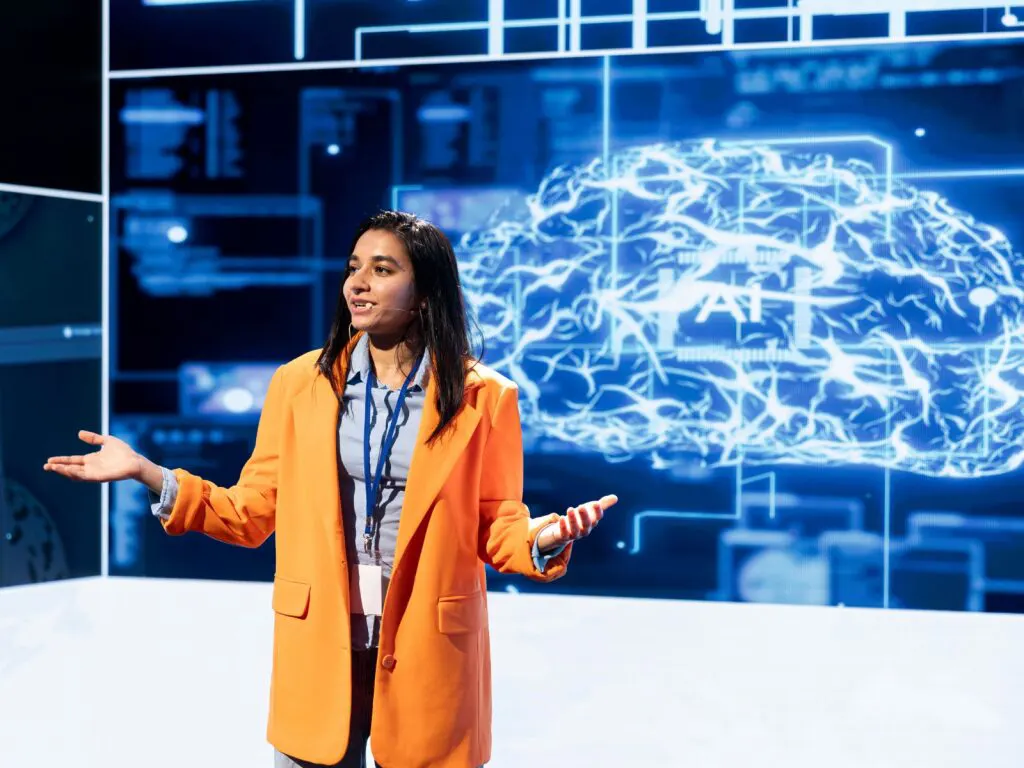Published on: September 24, 2025 at 5:33 pm
By Nick Keppler
Even in a deeply partisan political era, few pieces of legislation were more divisive than the One Big Beautiful Bill Act (as it is officially titled). At the start of July, the law—which slashes public benefits, provides tax breaks mostly for wealthy Americans, and includes a smorgasbord of President Donald Trump’s other policy agenda items—eked through the House and Senate, strictly along party lines.
However, there was one facet that united almost every senator. The Senate voted 99-1 to strip away a provision in the House version that would have banned states from regulating artificial intelligence for ten years. Even House members who voted for the bill later said they were aghast at the provision.
AI has been igniting fears about social-media deepfakes, enhanced surveillance, cyberattacks, and mass unemployment. Has fear of the technology become one of the few things that unites people of different creeds and political beliefs?
“I think with any wave of innovation, there was fear,” said Academy of Management Scholar Marc Gruber of the École Polytechnique Fédérale de Lausanne, who added that steam engines, the internet, and even smaller inventions stoke anxiety about societal shifts and the displacement of labor.
Gruber said that managers and other professionals whose work is rooted in brain power should see generative AI as an ally—for the time being.
“For now, it’s extremely powerful as a tool that can help individuals to become more productive,” he said.
AI can help white-collar workers complete some tedious tasks and free up time and mental capacity for more interesting ones. For instance, it can speed up innovation in many important fields such as medicine.
As it gains footing in workspaces and companies develop a standard list of functions to delegate to AI, people can switch their skills acquisition and development to the responsibilities not on that list, said Gruber.
For those worried for their job, Gruber warned, “My perception is, at the moment, that AI will not replace you, but someone who's using AI will replace you.”
But Gruber warns that beyond its important benefits, there could be a “dark side” of AI as well.
“If it starts to reason, gets a conscience, how does it perceive humanity, as a friend or foe?” Gruber asked.
A paper he co-authored went so far as to allude to the killer robots of cinema history, the Terminator and HAL 9000 from 2001: A Space Odyssey.
And Gruber does not only fret about artificially intelligent evil. He said that he worries about people using AI in cybersecurity attacks and scams or to create bioweapons and other possibilities of “human beings using the power of AI to harm other human beings.”












